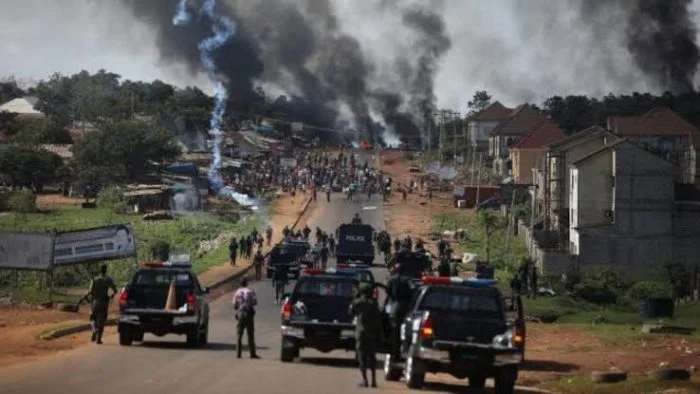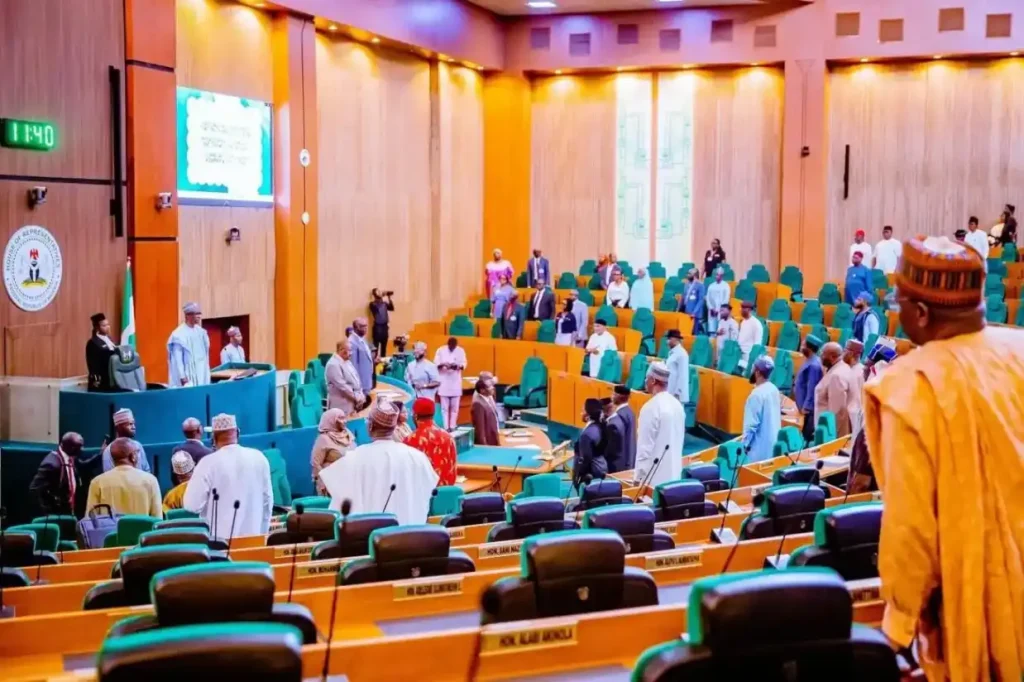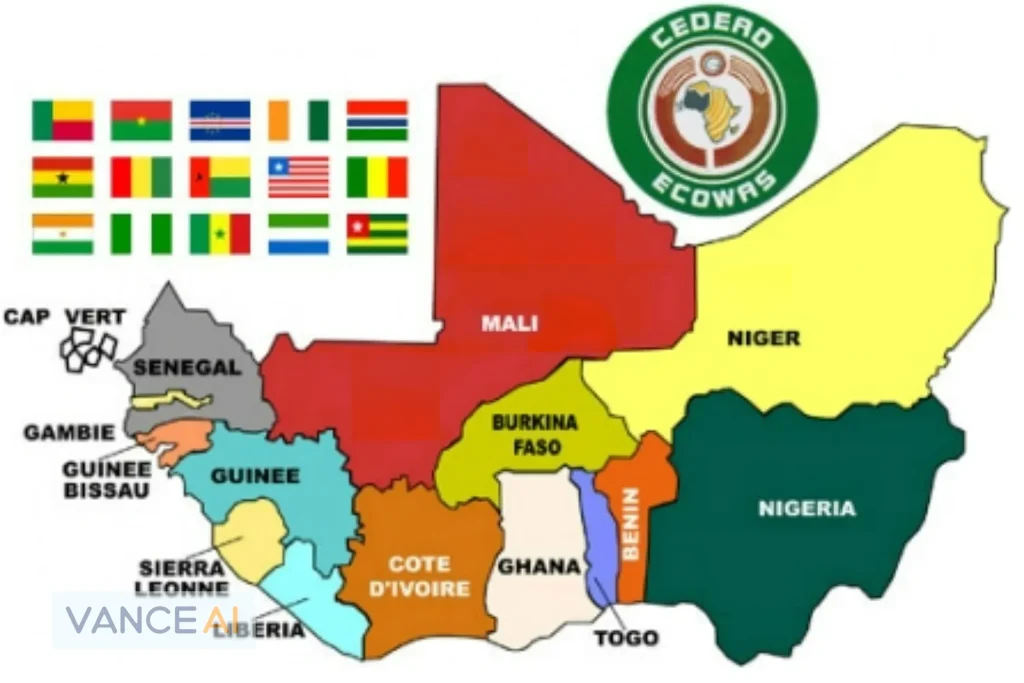Mosques and churches in Nigeria’s central Plateau state have been destroyed due to growing tensions following a deadly clash involving cattle.
The incident happened in Mangu, where eight people lost their lives after cattle wandered onto a road, blocking traffic and leading to violent confrontations, according to local news reports.
To prevent further violence, the state governor has imposed a 24-hour curfew in Mangu. However, people are still allowed to hold funerals to say goodbye to those who died.
Plateau state, located in the central region of Nigeria, has long been a place of tension between different communities. This area often experiences conflicts that turn into religious and ethnic disputes.
The region is unique because it lies at the crossroads of Nigeria’s predominantly Muslim north and mostly Christian south, creating a mix of diverse communities.
As the country deals with this difficult situation, efforts are being made to address the root causes of these conflicts and promote peaceful coexistence among the different communities in Plateau state.
According to a BBC report, six mosques and two churches were burned down during the violence.
What Happened?
The violence began in Mangu, Plateau state, after an attempted theft of Fulani cattle by armed thieves, as reported by local media.
The chaos started when the cattle escaped during the attempted theft, leading to deaths and destruction. Both Christian and Muslim communities attacked places of worship, causing even more unrest. Despite the curfew, unconfirmed reports suggest that clashes are still ongoing.
The ongoing violence in Plateau state highlights the deep-seated tensions between different religious and ethnic groups. These conflicts often arise from disputes over land, resources, and cultural differences, further complicated by the region’s diverse population.
Efforts to calm the situation are being made by local leaders, religious figures, and community elders who are calling for peace and understanding among the affected groups. However, the situation remains fragile, and the risk of further violence looms large.
Authorities are working to restore order and prevent the violence from spreading to other areas. Security forces have been deployed to enforce the curfew and protect communities, but the atmosphere remains tense as many fear that the violence could flare up again.
The destruction of places of worship, such as mosques and churches, has deepened the divide between the communities, making reconciliation even more challenging. Yet, there is hope that through dialogue and concerted efforts, a path to lasting peace can be found.
The government and civil society organizations are being urged to address the underlying issues that fuel these conflicts, such as poverty, unemployment, and lack of access to education, which often exacerbate tensions in the region.
By tackling these root causes, there is a chance to build a more stable and peaceful Plateau state, where different communities can live together in harmony.
As the situation continues to develop, it is crucial for all parties involved to work towards a resolution that promotes unity and prevents further bloodshed.
The road to peace may be long, but with determination and cooperation, it is possible to overcome the challenges and create a better future for everyone in Plateau state.























